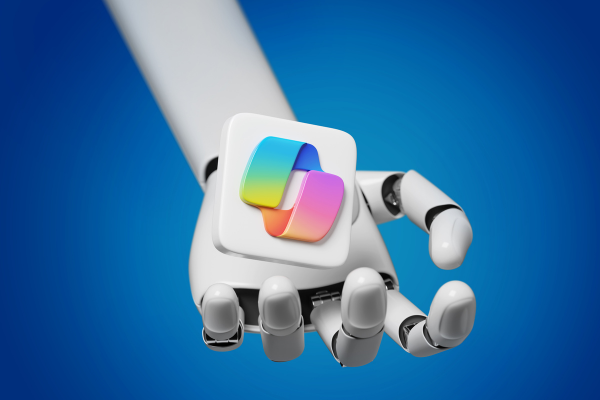Microsoft is set to revolutionize cybersecurity with the introduction of its AI-driven tool, Copilot for Security, on April 1, 2024. Designed to assist cybersecurity workers in summarizing suspicious incidents and uncovering hackers’ elusive tactics, Copilot for Security has undergone rigorous testing with corporate customers, including BP Plc and Dow Chemical Co.
This tool is a testament to Microsoft’s commitment to infusing its product lines with cutting-edge artificial intelligence from OpenAI, aiming to enhance corporate security measures while navigating the fine line between automation benefits and the risks of AI-generated errors.
Why it matters: The advent of Copilot for Security marks a significant milestone in the fight against cyber threats, addressing both the acute labor shortage in the cybersecurity field and the increasing sophistication of cyberattacks. By automating the generation of incident reports and aiding in the analysis of attacks, this AI tool not only promises to enhance the efficiency and accuracy of cybersecurity professionals but also represents a strategic move by Microsoft to embed AI across its services.
- AI-Driven Efficiency: Copilot for Security aims to improve the speed and accuracy of cyber defense teams by automating routine tasks, allowing professionals to concentrate on more complex security challenges. During tests, Microsoft reported a 26% increase in speed and a 35% rise in accuracy among novice security workers.
- Cross-Platform Compatibility: Uniquely, Microsoft’s AI program is designed to integrate not just with its own security software but also with that of its rivals, indicating a potentially industry-wide application and collaboration.
- Real-World Testing and Feedback: With “hundreds of partners and customers” like BP Plc and Dow Chemical Co. involved in its trial, Copilot for Security has been fine-tuned based on extensive real-world usage, highlighting Microsoft’s commitment to addressing the practical needs and concerns of cybersecurity professionals.
- Navigating AI Risks: Conscious of the pitfalls associated with AI in critical security contexts, Microsoft has taken additional precautions to mitigate risks, such as generating false positives or negatives, underscoring the importance of human oversight in AI-assisted cybersecurity efforts.
Go Deeper -> Microsoft to Release Security AI Product to Help Clients Track Hackers – Bloomberg






